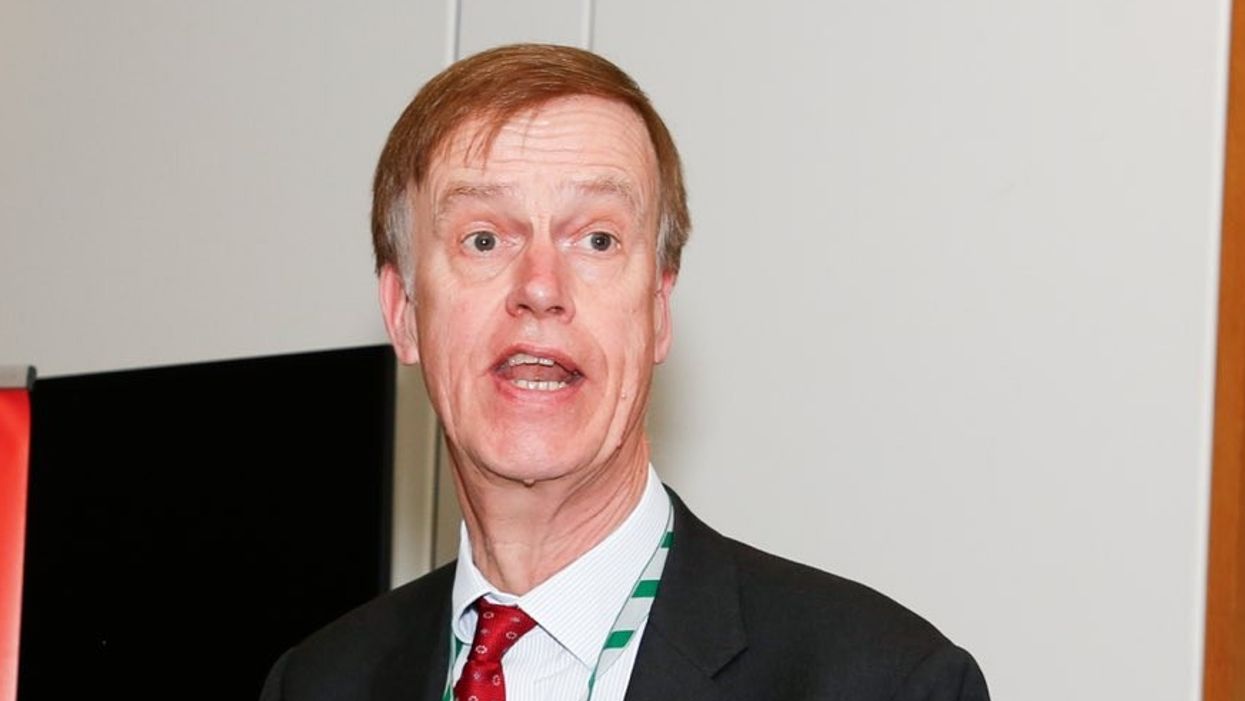Rt. Hon. Sir Stephen Timms MP, minister of state for the department of work and pensions, visited St Paul’s Cathedral on 23 July during South Asian Heritage Month to experience the East India Company Trail and meet community contributors involved in the project.
At the Chapter House, he met Sandra Lynes Timbrell, Director of Visitor Engagement at St Paul’s Cathedral, who presented the collaboration with Stepney Community Trust. The initiative reflects on Britain’s imperial history in South Asia through cathedral monuments linked to the East India Company.
Sir Stephen said, “My constituent Mr Asif Shakoor has kept me informed of his fascinating work on the history of his grandfather from India – whom he never met – who sailed through the Royal Docks in the First World War. I was very pleased he invited me to St Paul’s Cathedral this week. Together with Georgie Wemyss of the University of East London, Stepney Community Trust, and Cathedral staff, Asif has been helping to reinterpret Cathedral monuments to 19th-century military leaders, adding a viewpoint on behalf of those who were conquered. It was a most interesting visit.”
Dr Georgie Wemyss said, “It’s through spaces like this that communities can rethink belonging and imperial legacies. The EIC Trail holds that potential.”
Simon Carter, Head of Collections at St Paul’s Cathedral, who led a guided tour, said, “The EIC Trail reframes how we read these monuments—not as static relics, but as portals into shared histories.”
The tour also featured research presentations by Asif Shakoor, Abdul Sabur Kidwai, and Taryn Khanam BEM on key monuments. The East India Company Trail remains open until November 2026. Details are available at www.stpauls.co.uk/east-india-company-st-pauls.




